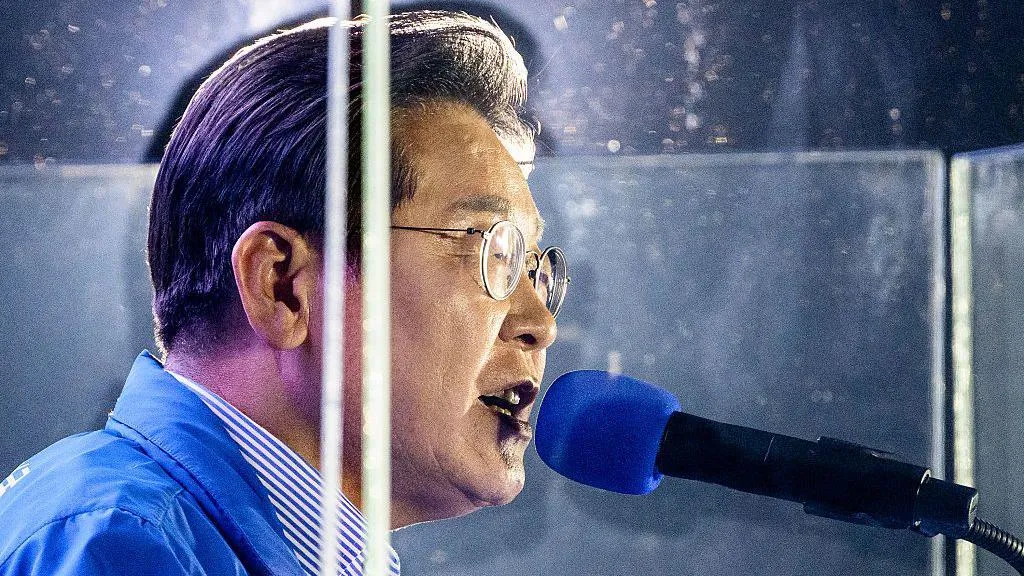Before the events of 3 December 2024, South Korea's new president Lee Jae–myung's path to power was littered with obstacles.
Ongoing legal cases, investigations for corruption and allegations of abusing power looked set to derail the former opposition leader's second presidential bid.
Then a constitutional crisis changed everything.
On that night, former president Yoon Suk Yeol's abortive attempt to invoke martial law set in motion a series of events that cleared the path for Lee.
Exactly six months later, South Koreans have handed a win to the liberal Democratic Party candidate who worked his way up from a teenage factory-worker to the country's most powerful office.
Lee had been projected to win in the run up to the election, and his final hurdle disappeared after the ruling party's candidate conceded in the early hours of the morning after election day.
The outsider
A rags-to-riches origin story combined with a bullish political style has made Lee into a divisive figure in South Korea.
"Lee Jae-myung's life has been full of ups and downs, and he often takes actions that stir controversy," Dr Lee Jun-han, professor of political science and international studies at Incheon National University, told the BBC.
These actions typically included attempts at progressive reform – such as a pledge, made during his 2022 presidential campaign, to implement universal basic income scheme – which challenged the existing power structure and status quo in South Korea.
"Because of this, some people strongly support him, while others distrust or dislike him," Dr Lee said. "He is a highly controversial and unconventional figure – very much an outsider who has made a name for himself in a way that doesn't fit traditional Democratic Party norms."
But in this campaign, he has moved closer to the centre, focusing on big business and emphasising the importance of ties with the US, ahead of trade negotiations with President Donand Trump.
In a recent memoir, Lee described his childhood as "miserable".
Born in 1963 in a mountain village in Andong, Gyeongbuk Province, he was the fifth of five sons and two daughters, and – due to his family's difficult circumstances – skipped middle school to illegally enter the workforce.
As a young factory worker, Lee suffered an industrial accident where his fingers got caught in a factory power belt, and at the age of 13 suffered a permanent injury to his arm after his wrist was crushed by a press machine.
Lee later applied for and was allowed to sit entrance exams for high school and university, passing in 1978 and 1980 respectively. He went on to study law with a full scholarship, and passed the Bar Examination in 1986.
In 1992, he married his wife Kim Hye-kyung, with whom he has two children.
He worked as a human rights lawyer for almost two decades before entering politics in 2005, joining the social-liberal Uri Party, a predecessor of the Democratic Party of Korea and the ruling party at the time.
While his poor upbringing has drawn scorn from members of South Korea's upper class, Lee's success in building his political career from the ground up has earned him support from working-class voters and those who feel disenfranchised by the political elite.
He was elected mayor of Seongnam in 2010, rolling out a series of free welfare policies during his tenure, and in 2018 became governor of the broader Gyeonggi Province.
Lee would go on to receive acclaim for his response to the Covid-19 pandemic, during which he clashed with the central government due to his insistence on providing universal relief grants for all residents of the province.
